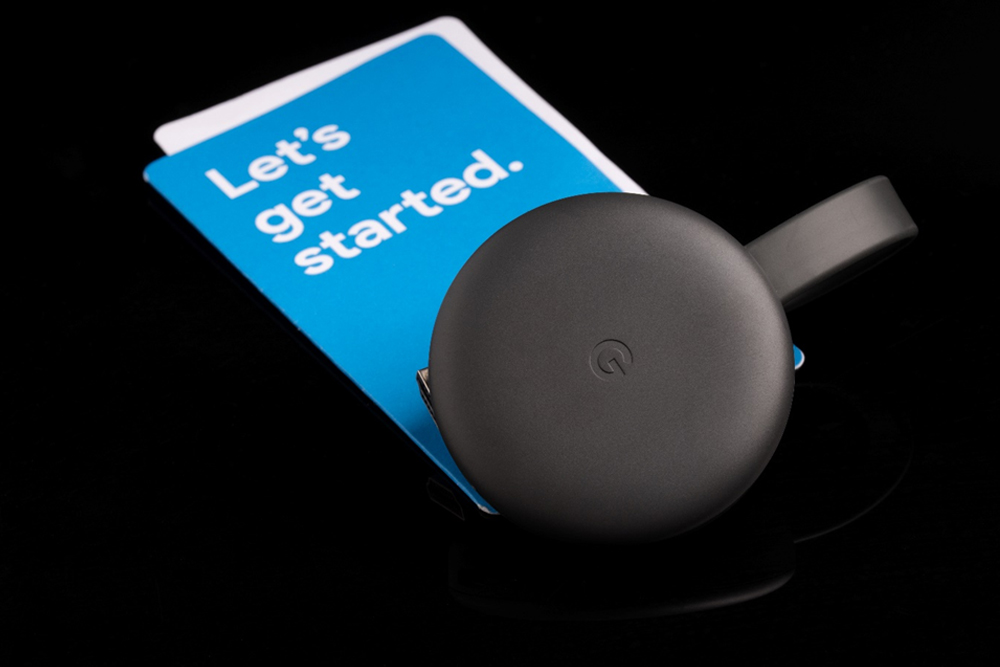
It’s been two months since Apple showed us common folks the future it has in store for us: a new Arm-based chipset. In the tech world, two months is more than enough time to make a verdict and not surprisingly, Apple did not let go of the industry leading Intel based processors for nothing.
Apple’s new chipset based on the 5nm architecture is setting new records in terms of battery endurance and performance. Not to mention the massive media coverage ranging from plain reviews to comparisons with their intel based counterparts, and a few complaints here and there. But the bottom lines from most sources claim that for a first-generation product, these new M1 MacBooks are awesome.
The Good
Despite the massive hype, this is not the first time that Apple has worked with an Arm-based system. In fact, Apple has been working with the Arm-based since the very first iPhone and the Mac lineup is the last to get into the party. Last but certainly not the least, these new MacBooks crush the existing Mac products in terms of single core performance, not just MacBooks. With its eight-core CPU, the new M1 Macs still hold their own when it comes to multi-core tasks. The only Macs to beat the young champ are the 28 core Intel Xeon processor-based Mac Pro and the highest end 27 inch iMacs from the last two years. The new M1 MacBooks do this without even breaking a sweat. Comical segue to bring to your attention that these beasts from the multi-trillion dollar giant are passively cooled. As most of us have already been made familiar, with Apple, the hardware is only half the story and things only get better from here on out. Once the entire Mac lineup shifts to the Arm standard, almost all Apple devices will run on the same platform. Meaning, once an app is optimised for the Macs, the chances of that same app running on iPads or even iPhones go up significantly. And here we thought the current iPad Pros gave laptops a run for their money!The Bad
Well if this was just a number game, the M1 MacBooks manage to raise quite a few eyebrows and drum up quite the attention. But the fact of the matter is that these new MacBooks are not easily recommendable to all the pros out there. If you are a light user who works mostly on web browsers and spreadsheets, the M1 MacBooks are a no-brainer. You will have years and years of legroom. But if your workflow revolves around a specific set of professional applications, you should probably double-check before you jump right in. Because of the new architecture, the Intel native apps don’t really run on the new M1 chipset. So all the apps that you are most likely to run would have to run via Apple’s Rosetta 2 emulation. Although Rosetta will ease the transition to a certain degree (be it with a few weird bugs here and there), it is by no means a permanent solution. Inevitably, the macOS platform will lose a few niche applications. Not just that, the users who were used to running both Windows and macOS with Boot Camp and Hackintosh respectively will most likely lose that option.The Ugly
With each passing iteration, more and more applications will be built for the massive Apple ecosystem. There is no way that developers will decide against such a lucrative market segment. However, that just might be the tech giant’s endgame. Yes, the new Xcode 12 developer toolset will help the developers create a singular package that can be installed on both Intel and Arm-based machines but the catch is that it has to be submitted to the App Store, a tempting offer for smaller developers. While large scale institutions like Adobe and Microsoft will most definitely push their own launchers for app installations, the not-so-long-ago Epic fiasco can be taken as a lesson that there might still be disputes over commissions. Not to forget, being on the App Store means that developers will have access to not just the Mac users but also the iPad and iPhone segment, not a small number by any means. In that regard, the Apple tax may become more widespread. Apple charges a whopping 30% commission to any app that generates over $1 million in revenue, including in-app purchases. And 15% cut of whatever the developers below that margin make under the Small Business Program starting in 2021. Whether this new move from Apple works for or against users and developers remains to be seen. All in all, the development from the makers of the legendary iPod will surely spice things up in the otherwise slow moving world of personal computers.
Published Date: January 18, 2021, 12:00 am
Post Comment
E-Magazine
RELATED Tech Talk





